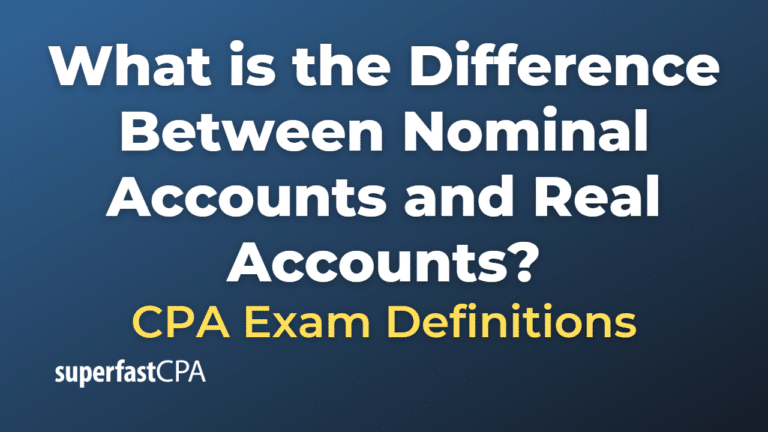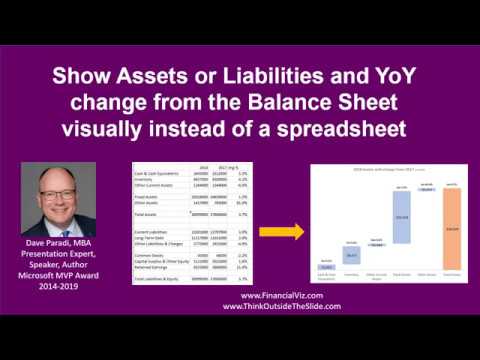Failing to comply with these requirements can result in audits and penalties. Revenue recognition is how a a business determines when they’ve officially earned revenue from a How to leverage construction bookkeeping to streamline financial control contract or project. Whether you’re an owner of a commercial or industrial cleaning company, or running a residential business, it’s only natural that you’re always on the lookout for new ways to… Set limits, turn tracked time into automated timesheets, and send invoices with Hubstaff.
Turn receipts into data with Shoeboxed ✨
For construction companies, many automation solutions integrate with project management software. Plus, there are solutions designed specifically for construction accounting. That being said, it’s not possible to automate the entirety of your bookkeeping and accounting process. You must have checks and balances in place to ensure your automations are happening correctly. Plus, they tend to have unstable materials costs, varying wage rates and workforces, and changes based on a project’s location. Every construction business should be using job costing to calculate income and expenses on each project.
Managing Cash Flow
By implementing effective bookkeeping practices, construction companies can gain better control over their budgets and ensure projects contribute positively to their bottom line. Without consistent financial reports, it’s challenging to understand project profitability and make informed decisions. Manual reporting methods are time-consuming and prone to errors, resulting in inaccurate data. The best https://www.inkl.com/news/the-significance-of-construction-bookkeeping-for-streamlining-projects way to stay organized is tracking your day-to-day transactions, reconcile your accounts on a regular basis, and use construction accounting software. However, you can take a “completed contract” approach as well, which involves calculating taxes owed on each contract. Many construction companies use a “completion percentage” approach, meaning they calculate estimated taxes based on quarterly income and expense reports.
- Proper tax planning is a vital component of construction accounting, and construction bookkeeping services can help general contractors comply with tax regulations and avoid penalties.
- Beyond handling your bookkeeping needs, they should also provide you with high-level financial guidance personalized to your goals.
- Alternatively, you can take advantage of a dedicated bookkeeping software solution to manage your bookkeeping more easily.
- A foreman or contractor will bill a customer at a fixed price-per-unit rate.
- Companies with operations in many states have extra expenses, such as taxes.
- Modernize your workforce management process and add to your existing tech stack with our platform that aims to be a solution to managing construction personnel.
- This reduces the likelihood of any disagreements with customers over the exact time workers started or ended their shifts.
Type #2: Accounts receivable aging report
In most cases, the percentage-of-completion method works in stages or payment milestones. Unlike the previous method of recognizing revenue, the percentage-of-completion method allows contractors to recognize revenue as they earn it over time. In construction accounting, financial experts typically use software, general ledgers, and specialized methods as one system. That’s in contrast to how regular bookkeepers might handle workflows — at least for the most part. That’s unlike a construction project, where accountants need to take into account — pun intended — labor costs in different states and localities (more on that later).
Customized and Unique Projects
An organization’s future course of action can be better informed with the help of financial data gained via accurate accounting. Accurate record-keeping of project-related expenses is made possible by bookkeeping. This allows project managers to spot when things aren’t going according to plan. Accurately recording financial transactions is crucial for construction firms to track their economic well-being. As a result, they can better distribute funds and make intelligent financial choices. In this construction accounting 101 guide, we covered everything you need to know about this complex yet profitable sector.
Conclusion: Success in construction depends on detailed reports and practical software
This person (or people) can help ensure that nothing slips through the cracks. In fact, properly backed-up record-keeping protects the company against theft or embezzlement from within the business itself. As with any industry, construction sometimes falls prey to malicious actors or plain human mistakes. At any rate, do everything in your power to have an all-encompassing database that helps you keep track of things. The prevailing wage differs significantly based on the US state in question, and the amount changes every 6 months to a year.
- Keeping track of your payroll is a vital bookkeeping function, but it is more complex than cutting paychecks at the end of the week.
- So, the bookkeeping system must be flexible yet organized enough to track cash flow when needed.
- Without good bookkeeping, you risk going over budget on projects and not having the cash flow to cover your expenses.
- Costs from labor, employees, transportation, equipment, materials, and insurance must all be tied together to complete the bid process.
- But since production quantities can end up higher than expected, there can be a risk between customer and company.
- Reports are clear and easy to understand and provide all the detail you need for tax back-up.
- As it turns out, this makes all the difference in how a construction company does business.





